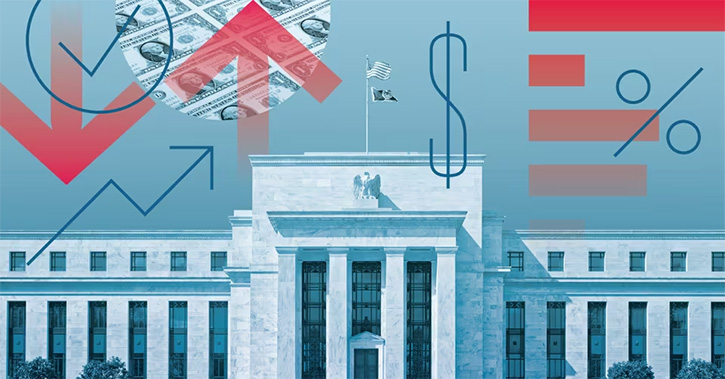Emma Wall: Hello and welcome to the Morningstar series, "Market Reaction." I'm Emma Wall and I'm joined today by David Marchant, Chief Investment Officer for Canada Life Investments, to discuss the outlook for Europe.
Hello, David.
David Marchant: Hello.
Wall: So, 2016 was a year of UK and U.S. political upsets. Will this continue in Europe in 2017?
Marchant: Well, he's a brave man who says no, isn't it, given what we saw in 2016. I think the central case must be that we keep relatively stable, but we've got elections in the Netherlands, in France and also in Germany. So, certainly, there's scope for some surprising results given what we've seen. And who would bet against it?
Wall: And what does this mean, more importantly, for asset prices for European stocks and European bonds?
Marchant: Well, again, somewhat surprisingly, the results that we saw last year, Brexit, Trump, had actually been surprisingly positive for asset prices, equities in particular. So, again, it's hard to say which way it could go. I think as we run up towards those elections, there's certainly scope for some volatility around equity prices and some potential flight to safety in the core German bond markets, for example. But actually, I think the central scenario must be that Europe muddles through.
And also, we are looking at a background where global GDP is actually being upgraded in most parts of the world. I mean, we're seeing a shift away from monetary tightening to loosened fiscal policy, particularly in the U.S. with the arrival of Trump. A year ago, we were worrying about growth rates in China.
Well, China seems to be on a firmer footing. And forecasts for GDP are now seemingly starting to increase. So, the overall economic background, I think, is generally slightly more favorable than we've seen for a while. But some uncertainty around asset prices if elections go in an unexpected way.
Wall: And what does this mean for investors? What should investors do? Because certain assets look more attractive than others at the moment. But if we look at, for example, how the gilt market did in the UK in the
Marchant: Well, the basics of investing is to spread your risks, not to put all your eggs in one basket. And whilst fundamentally, I would be supportive of equities and I think that government bond yields are ludicrously low on a long-term basis, they probably do have some place in the portfolios. Because if we do get some surprising results, then they certainly could go lower again. The central case must be that we're seeing inflation rise, growth rise, yields should go a little bit higher during the year. But I think I wouldn't put all my bets on the table for equities.
Wall: I suppose that also it's important to just remember this is one year out of many and investors taking a long-term view should perhaps just hold their nerve in 2017 as they had to do in 2016?
Marchant: That's right. And for those who held their nerve in 2016 have done surprisingly well. We've certainly seen in the UK, for example, returns in excess of 10% going for equities and the same is also true in the U.S. despite some very strange results.
Wall: David, thank you very much.
Marchant: Thank you.
Wall: This is Emma Wall for Morningstar. Thank you for watching.




















